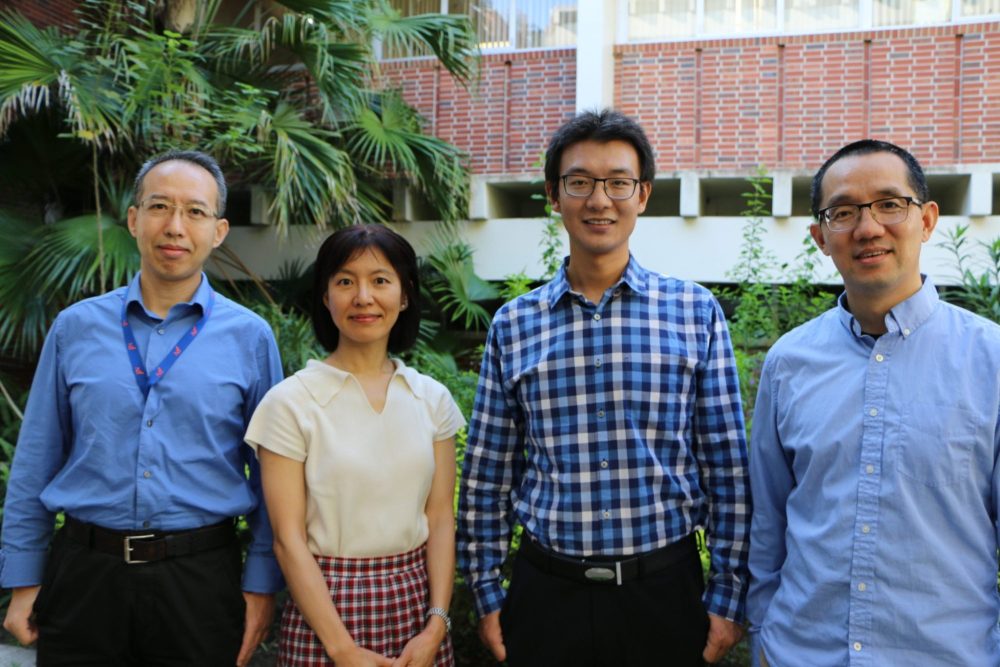Faculty members from the Electrical and Computer Engineering Department (ECE) are collaborating with researchers from the Engineering Education Department (EED) and the College of Education (CoE) on a new National Science Foundation (NSF) project, Innovating Quantum-Inspired Learning for Undergraduates in Research and Engineering (INQUIRE). The project is led by UF and includes researchers from the University of Minnesota. The 5-year project is funded for a total of $2M.
The UF team is composed of ECE researchers Dr. Philip Feng and Dr. Jing Guo, EED researcher Dr. Gloria Kim, and CoE researcher Dr. Wanli Xing. Dr. Feng, Dr. Guo, and Dr. Xing are members of the Warren B. Nelms Institute for the Connected World. The University of Minnesota team consists of two ECE faculty members, Dr. Chris Kim and Dr. Ulya Karpuzcu.
The project is part of the NSF Improving Undergraduate STEM Education (IUSE) Initiative, a Foundation-wide effort to accelerate improvements in the quality and effectiveness of undergraduate education in all STEM fields. Projects at this scale and scope are expected to benefit large numbers of students or broad communities of faculty and instructors through large-scale design and development studies or impact research.
The second quantum revolution requires a highly-trained workforce that can advance the boundaries of what is possible through research and development of practical solutions for quantum technologies. To date, despite the heightened awareness of the strategic importance of quantum information science and technology (QIST), there has been no systematic research on QIST education at the undergraduate level for students in colleges of engineering. Limited studies exist on teaching and learning of only the software aspect of QIST. Recognizing this gap and imbalance, Drs. Feng and Guo respectively piloted courses in QIST hardware and software in Fall 2020, the assessment data of which formed the basis for the multi-institutional and multi-investigator research project.
The INQUIRE project is unique in that it will address both software (theoretical foundation, algorithm, programming, and modeling) and hardware (quantum technology implementations from materials, devices, to circuits and practical systems) aspects of QIST learning. The multidisciplinary nature of quantum technologies poses challenges to providing a comprehensive education for undergraduates from different degree programs who may lack the technical background. This project aims to lower barriers to entry, to develop transferable skillsets for quantum computing and engineering, and to prepare students for entering this rapidly emerging field. INQUIRE will generate knowledge about conditions under which improved student learning of quantum science and engineering occurs and the effectiveness of the created hands-on tools and experiential approaches. Eight partners across the country—most of them minority-serving institutions—have signed on to implement the modules. Success of this project will lead to large numbers of underserved undergraduate engineering and science students equipped with essential quantum knowledge and skills and a new quantum education program adaptable for undergraduate STEM students at institutions beyond the collaborators involved.
Originally published on ECE Florida.
